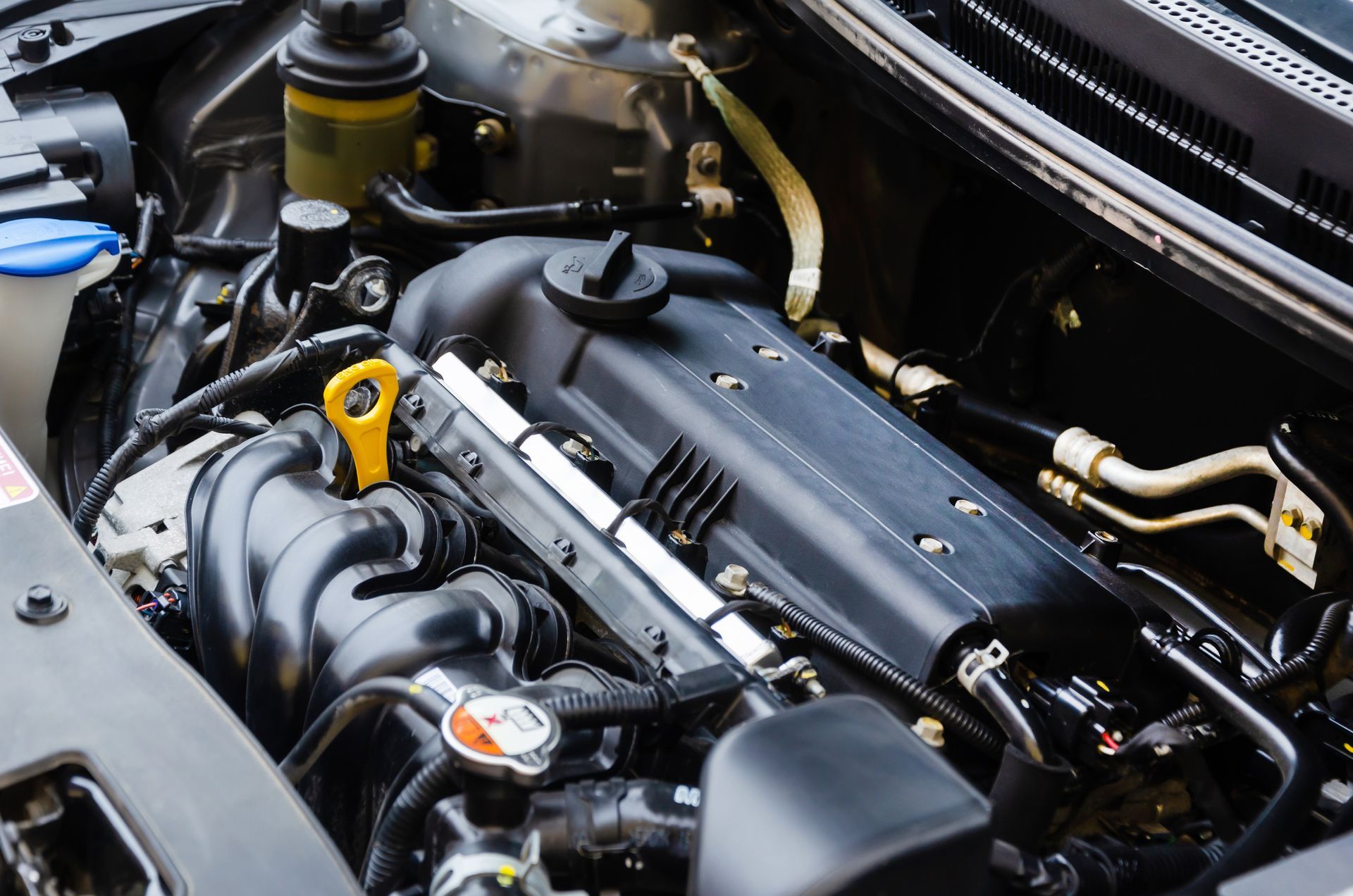Visit Our Shop in Stillwater, OK
As a FAMILY-OWNED business, we pride ourselves on our OEM CERTIFICATIONS.
X-tra Mile Auto Care
Mon - Fri 7:30 AM - 5:30 PM
Services
List of Services
-
AC Repair & ServiceAC Repair & Service
-
Alternator RepairAlternator Repair
-
Brake Repair & ServiceBrake Repair & Service
-
Check Engine Light DiagnosticCheck Engine Light Diagnostic
-
Electrical Repair & ServiceElectrical Repair & Service
-
Engine Repair & ServiceEngine Repair & Service
-
Fuel System CleaningFuel System Cleaning
-
Oil ChangeOil Change
-
Timing Belt ReplacementTiming Belt Replacement
-
Transmission Repair & ServiceTransmission Repair & Service
-
Tire ServicesTire Services
-
Wheel AlignmentWheel Alignment
List of Services
-
AC Repair & ServiceAC Repair & Service
-
Alternator RepairAlternator Repair
-
Brake Repair & ServiceBrake Repair & Service
-
Check Engine Light DiagnosticCheck Engine Light Diagnostic
-
Electrical Repair & ServiceElectrical Repair & Service
-
Engine Repair & ServiceEngine Repair & Service
-
Fuel System CleaningFuel System Cleaning
-
Oil ChangeOil Change
-
Timing Belt ReplacementTiming Belt Replacement
-
Transmission Repair & ServiceTransmission Repair & Service
-
Tire ServicesTire Services
-
Wheel AlignmentWheel Alignment
Services
List of Services
-
AC Repair & ServiceAC Repair & Service
-
Alternator RepairAlternator Repair
-
Brake Repair & ServiceBrake Repair & Service
-
Check Engine Light DiagnosticCheck Engine Light Diagnostic
-
Electrical Repair & ServiceElectrical Repair & Service
-
Engine Repair & ServiceEngine Repair & Service
-
Fuel System CleaningFuel System Cleaning
-
Oil ChangeOil Change
-
Timing Belt ReplacementTiming Belt Replacement
-
Transmission Repair & ServiceTransmission Repair & Service
-
Tire ServicesTire Services
-
Wheel AlignmentWheel Alignment
List of Services
-
AC Repair & ServiceAC Repair & Service
-
Alternator RepairAlternator Repair
-
Brake Repair & ServiceBrake Repair & Service
-
Check Engine Light DiagnosticCheck Engine Light Diagnostic
-
Electrical Repair & ServiceElectrical Repair & Service
-
Engine Repair & ServiceEngine Repair & Service
-
Fuel System CleaningFuel System Cleaning
-
Oil ChangeOil Change
-
Timing Belt ReplacementTiming Belt Replacement
-
Transmission Repair & ServiceTransmission Repair & Service
-
Tire ServicesTire Services
-
Wheel AlignmentWheel Alignment




© 2025 X-tra Mile Auto Care. All Rights Reserved | Website managed by Tekmetric



